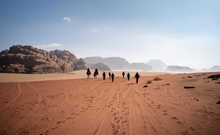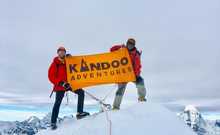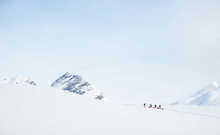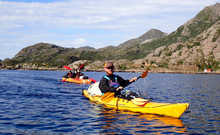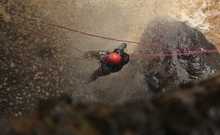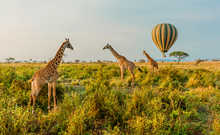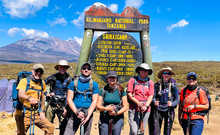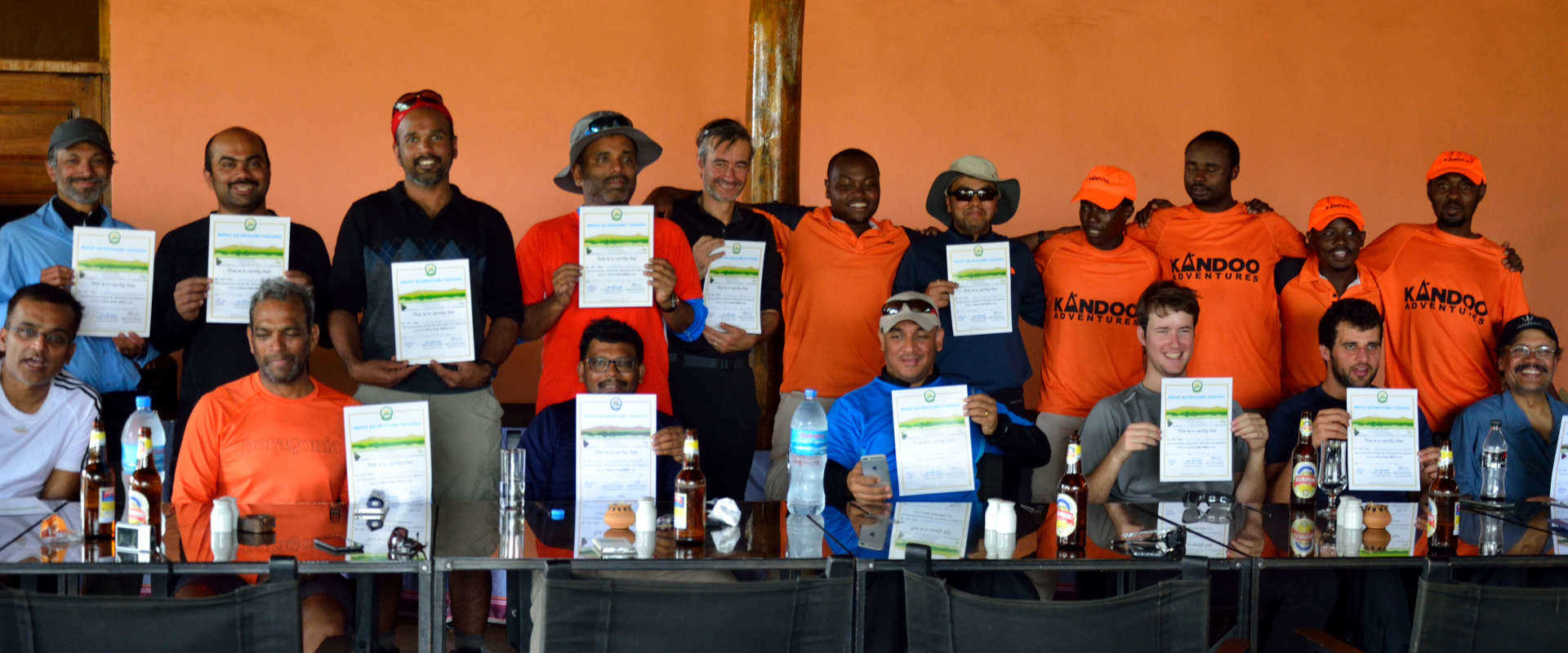Why you should be tipping your Kilimanjaro porters
Kilimanjaro
porters are the unsung heroes of the mountain, providing essential support to
trekkers throughout their Kilimanjaro climb. They carry the majority of
climbers equipment, set up camp and ensure that individuals have everything
they need to reach the summit.
These
incredible individuals are not only physically strong but they also posses unrivalled
knowledge of the mountain and its terrain. Their infectious spirit and
encouragement uplifts climbers, helping them push through the challenging
moments.
Without your Kilimanjaro
guides and porters, the climb would be much more difficult and less accessible
for many people. Tipping is an important part of your Kilimanjaro climb as it
recognises the hard work and dedication of the Kilimanjaro porters and guides
who make the climb possible.
Here is
everything you need to know about our beloved Kilimanjaro porters and why
Kilimanjaro tipping is vital to the work they do.
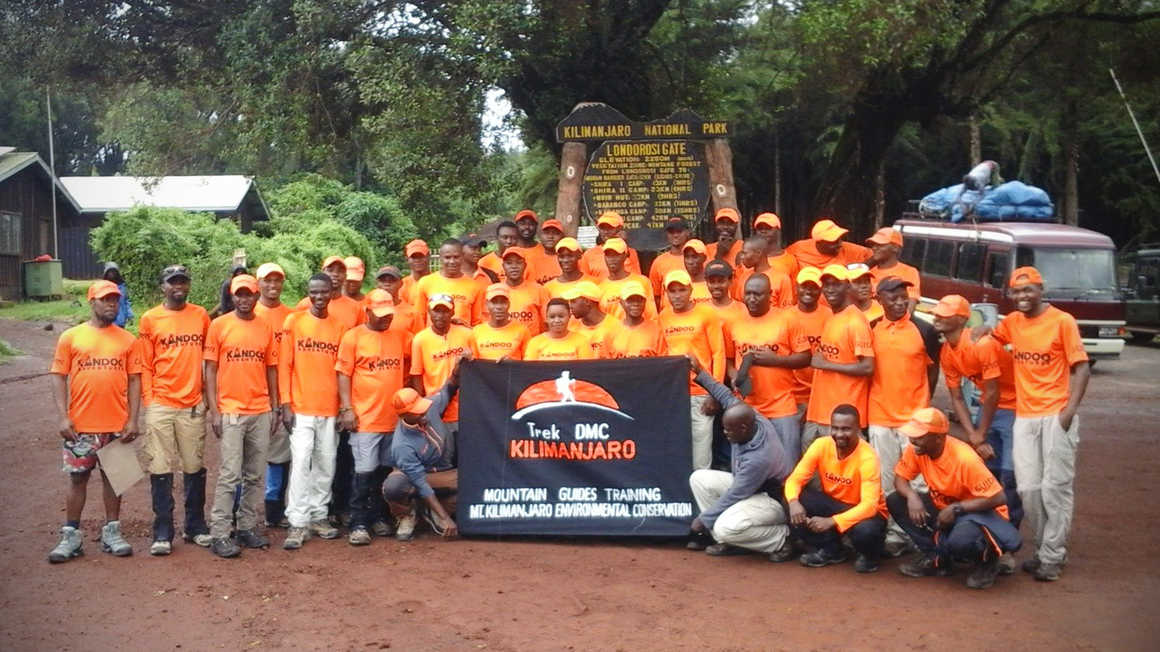
Who are Kilimanjaro porters?
What do Kilimanjaro porters do?
Once you
reach camp, your Kilimanjaro porters are responsible for putting up your
group’s tents and portable toilet. After your tents are broken down and packed
away the next day, a few porters often trek ahead of the group to secure the
best spot at the next camp ground. Making camp goes beyond setting up a tent
though. The porter team gathers water, purifies it and supplies it throughout
camp.
Your Kilimanjaro
porters are literally with you every step of the way. As you get higher up the
mountain, the porters will give you positive encouragement along the way. You
may find on your summit attempt that some of the Kilimanjaro guides accompany
the group to the very top to provide additional assistance, allowing you the
best chance of reaching the summit.
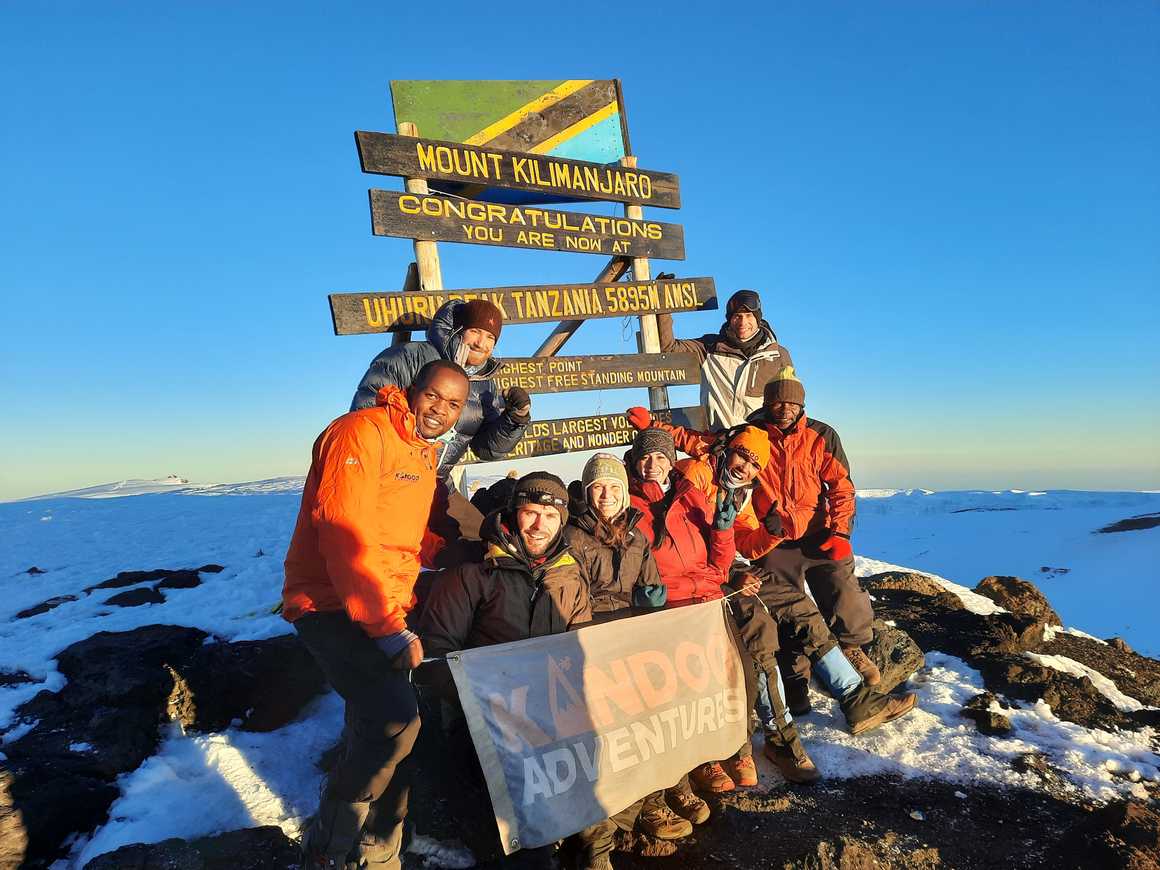
The Kilimanjaro Porters Assistance Project (KPAP)
We work
closely with the Kilimanjaro Porters Assistance Project (KPAP) who publish
recommended tipping rates and procedures for climbing Kilimanjaro. We comply
with all their guidelines to ensure that our porters are paid fairly, given
food and accommodations and that their loads are not excessive. This is all
monitored and signed for after every climb we operate.
The Kilimanjaro Porters Assistance Project (KPAP) tipping recommendations
To give you a
guide, KPAP recommended tips for porters are $5-7/day per porter. For other
roles we recommend $20/day for guides, $12/day for assistant guides and $12/day
for cooks. These figures are per group, not per climber.
Prior to your
climb you will be provided with a copy of the tip recommendation amount for
your group based upon your group size. The size of your crew can only be
confirmed on the first day of the climb once all the bags and equipment have
been weighed at the park gate. At the first camp you will be advised of the
final number of crew and their position on the climb.
For groups of
three or more, the average tip amount per trekker for a 7 day itinerary will be
between $200 - $250. This will vary depending on group size and itinerary.
Although this may sound like a high amount, on a 10 person trek there will be
over 40 crew members!
Kandoo
Adventures follow KPAP's guidelines for disbursement and we monitor the entire
process carefully to make sure of fair distribution and proper payment.
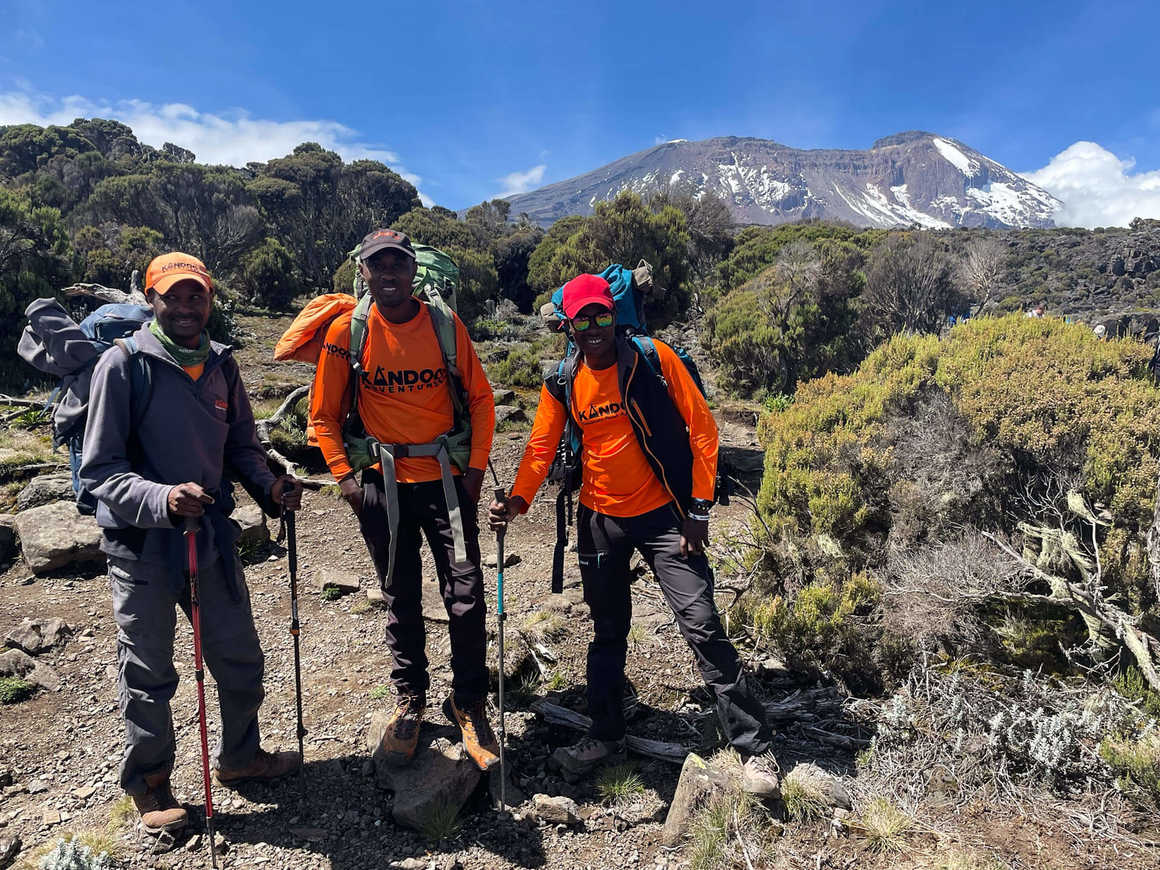
The tipping ceremony
The tipping announcement
itself will take place on the last night on the mountain. Your group will be
supplied with envelopes to assist with the distribution of tips.
One
representative from your group should say a few words of thanks, which will be
translated by the lead guide into Kiswahili. Due to recent thefts on
Kilimanjaro, we no longer advise our clients to carry cash with them during the
climb, so the actual tip money will be presented when you return to your hotel.
Your group will be supplied with
envelopes to assist with the distribution of tips – one envelope for the
porters and a separate envelope that you can use to tip your lead guide,
assistant guides and cook. Three porter representatives will come to the hotel
to accept the tip envelope on behalf of all the porters, and they will
distribute the money themselves.
Tips can be
made in US dollars or Tanzanian Shillings. It is very important that US bills
be new (no more than 10 years old), crisp and untorn.
Do you have to tip?
The short
answer is no. Tips are always discretionary and if you are not happy with the
service you have received during your journey then you would not be expected to
pay any tips at all.
That being
said, tipping is a well-established practice and is expected. Tipping your
Kilimanjaro guides is a way of thanking your mountain crew for all their hard
work and we really encourage you to budget money for the tipping ceremony.
